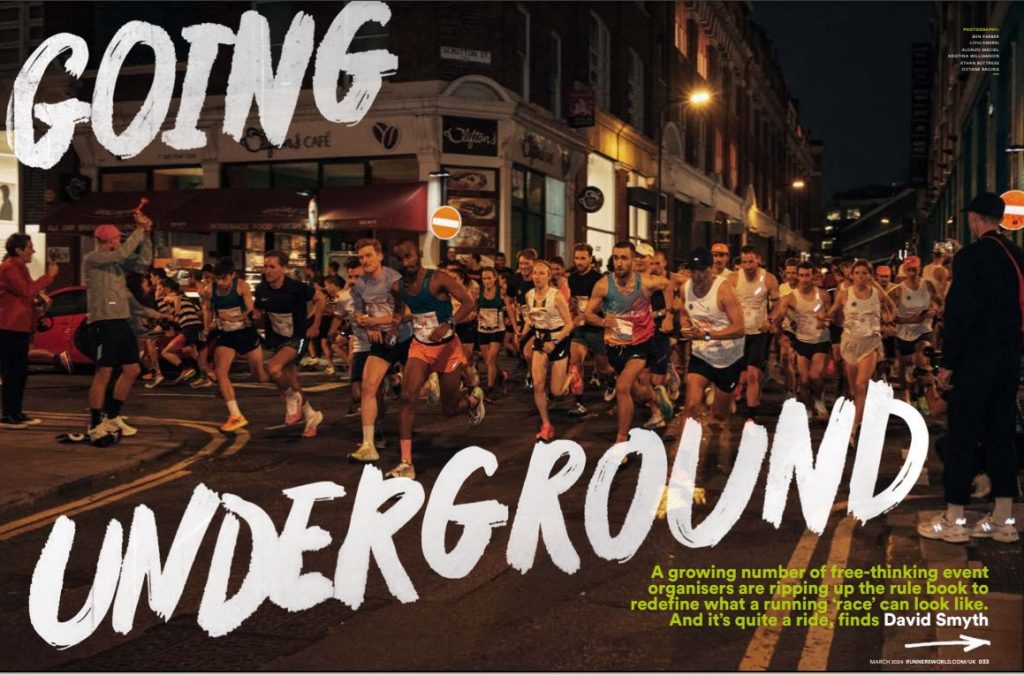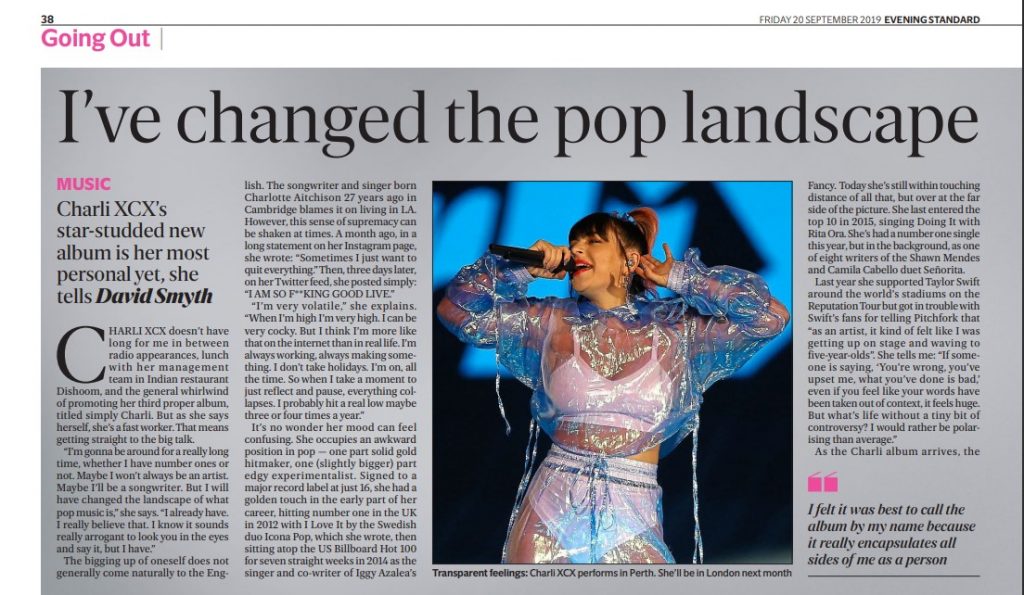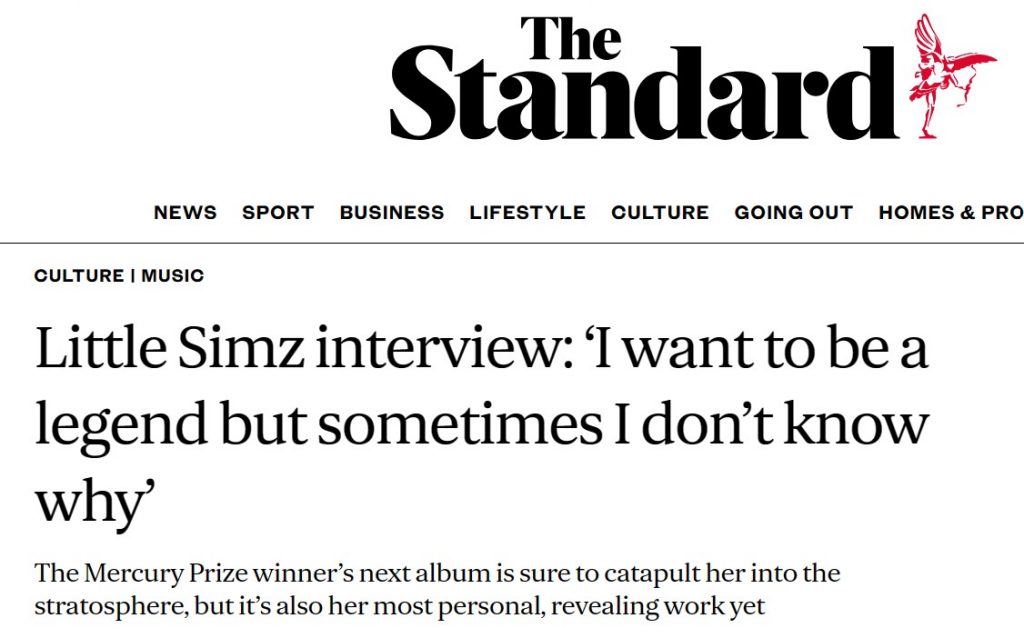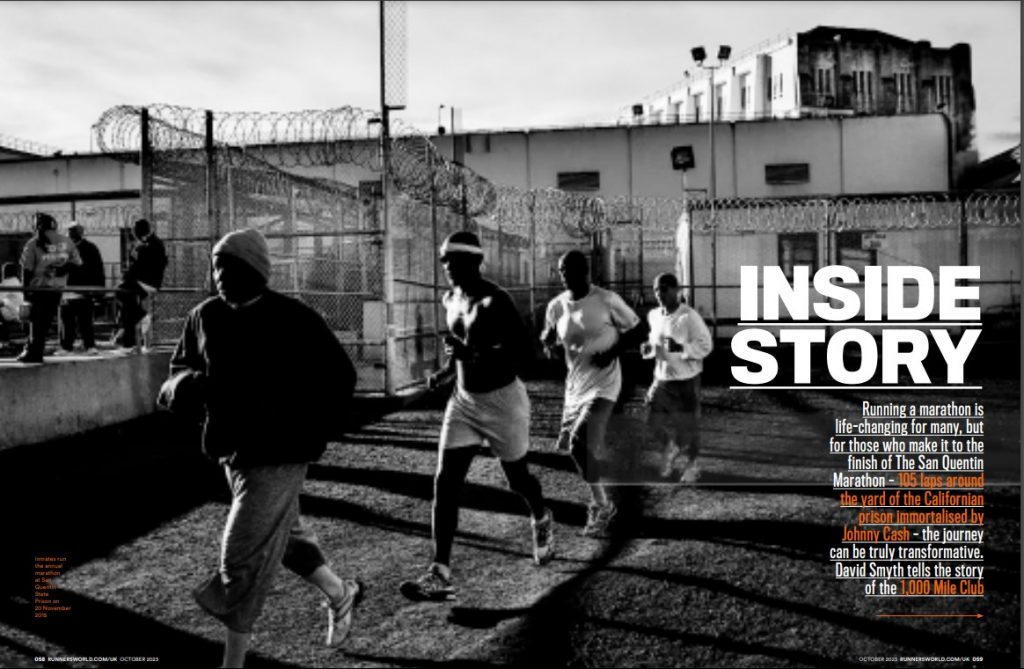The biggest UK charity music event of the year is about to take place but our stadiums will remain mercifully free of weeping megastars.
Throughout October, the Oxjam festival in aid of Oxfam in 800 venues will host about 9,000 bands, all raising money with the support of the organisation.
It’s a grassroots affair that will involve local acts and DJs using the Oxfam name, especially on the Takeover Weekend (October 22-23), when eight different areas of London will offer Camden Crawl-style wristbands to enable music fans to visit multiple venues in one night. You can organise a show yourself if you feel so inclined.
The whole thing launches at the end of this month, featuring a handful of stars including Fatboy Slim, Suede’s Brett Anderson and Mercury-nominated rapper Ghostpoet, and tickets have just gone on sale.
But even these big names will be keeping things intimate, with sweaty shows for 200 in an unspecified London Oxfam shop. Last year the large outlet in Dalston played host, with attendees able to shop for secondhand vinyl during the gigs.
“The celebrity nights aren’t fundraisers, otherwise we’d do them in much bigger venues,” says Oxfam spokesman Stuart Fowkes. “They’re meant to inspire other people to get out there and put on their own shows wherever and whenever they can.”
Speaking of hastily organised grassroots events, they don’t come much more inspiring than Damon Albarn’s DRC Music project, a forthcoming album for Oxfam that will be launched at one of the instore gigs this month. Having first travelled to Mali on behalf of the charity in 2000 and recorded 2002’s Mali Music album of local musicians, this July he took 10 other producers to the Democratic Republic of Congo with a plan to record an album in just five days.
Instead of taking something negative away from this nation embattled by years of war, he wanted to find like-minded people and put their remarkable talents on display. I’ve heard the album and can confirm that the team succeeded in a big way.
Kinshasa One Two, by DRC Music, is a much less traditional work than the Mali Music album, mixing the lo-fi sounds and rhythms of local bands, including Tout Puissant Mukalo and Jupiter Bokondji, with colourful bursts of electronica from the laptop crew from over here. Hello layers shimmering synths and a slow-motion hip-hop beat with stuttering samples of Congolese vocals.
Customs has a bass sound so raw and distorted that it could be a punk song until the African beats kick in. The closing track, Departure, with Lewisham’s Kwes producing Bokatola System, is a stunning, hymn-like piece of electronic music.
The Congolese groups currently best known to Western audiences, electronic trance band Konono Nº1 and the funk band of polio victims Staff Benda Bilili, did not take part. However, it was French film-makers Renaud Barret and Florent de la Tullaye, who made a recent cinema documentary about Staff, who acted as the project’s “fixers”.
They brought about 50 local acts to a temporary studio in Kinshasa, who the visiting producers recorded in the field before adding computerised sounds in smaller adjacent rooms.
“It sounds really exciting in its finished form,” fast-rising dance producer Orlando Higginbottom, who performs under the striking moniker Totally Enormous Extinct Dinosaurs, tells me, just after hearing the final album for the first time. “You can kind of hear that everyone’s a bit lost. It feels slightly wild and crazy and unpolished, which is quite rare in today’s world.”
Higginbottom, who has yet to release a debut album of his bass-heavy dance pop, was surprised to be asked on the trip alongside more established producers such as Kasabian collaborator Dan the Automator and the boss of XL Records, Richard Russell. In Kinshasa, he discovered a whole new approach to making music.
“The people there are so original. There’ll be a guy playing plastic bags and washing machine tubes as percussion instruments, drum kits made out of Tupperware, everyone makes their own guitars. They’re so inventive and so free from our need for ever better technology.”
Albarn obviously agrees. “The passion for music is so strong that nothing is going to stop them from making musical instruments,” he has said. “You realise when you’re making a record that quickly how overproduced a lot of our music is.”
So varied are the styles and sounds on Kinshasa One Two that you’d never think it was created in just five days. It left Albarn inspired to try a similar recording process elsewhere in the future, and it will leave those who seek out the album with overwhelmingly positive feelings about a nation that, for all its problems, can generate such joyful sounds.
Kinshasa One Two by DRC Music is available on download on October 3 and on CD/vinyl on Nov 7, all proceeds to Oxfam. Pre-order and stream three tracks at drcmusic.org









